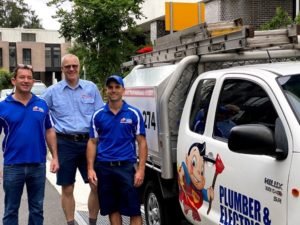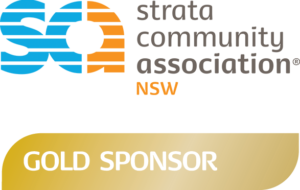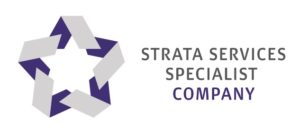Strata living makes an appealing option for many Australians helping them to feel safe. Being in close proximity to your neighbours can be a comforting feeling for many. But it’s not without its challenges, because the number of people coming and going from the common property of a strata building or complex can create some vulnerabilities.
For 15 years, the team at Quatrix has been a leader in installing security systems in common areas of strata buildings. So we’ve picked up a few ideas over the years on what makes a strata property safe and secure.
Last month we shared with you the most common security issues in strata buildings (and how to avoid them). Now this month we’re diving deeper into the vulnerable areas of common property and how a security system can help manage the risks.
The most important areas to cover include:
Entry Foyers Fire Doors Garage Doors Garbage Rooms Mailboxes
No matter the location, size of the complex, or resident type of your strata building the vulnerable areas remain the same. Let’s take a look at how you can manage your security risks in each of these vulnerable areas.
Entry Foyers
These are such high traffic areas, particularly in our current climate with more home deliveries than ever before. An obvious risk here is unauthorised access being granted to the building. But there are also other things to consider such as damage occurring to common areas, doors and lifts. As well as the risk of slips and falls by residents.
The best ways to protect this area is by using a combination of leading technology including:
- CCTV cameras
- Access Control on the front door and in the lift
- Intercom with WiFi APP to allow easy access for home deliveries
Fire Doors
Quite clearly these are an essential part of all strata buildings. But they’re often less commonly used and more secluded, low traffic areas. With some residents opting to use this space by wedging the doors open. A Building Manager or Committee member is likely checking these doors regularly, but if it does become a common occurrence then a security solution might be worth considering.
You can protect this area by:
- A DOTL siren is an effective and cheap option to install. This is a siren that sounds when the door is opened for too long. It can be programmed to turn off again after 30 seconds.
Garage Doors
This is one of the main security issues with a strata building. As a gate needs to stay open long enough for a car to enter, but it does open up the opportunity for thieves to sneak in behind at the same time. One thing we have learnt over the years of installing security systems is that no thief likes to be caught.
Another common problem we see is impatient residents causing damage to the shared door or gate.
Here are some ways you can help deter these behaviours:
- CCTV cameras and adequate signage is needed. A visible camera and good lighting make a great deterrent.
- Motion sensor garage lights and external entry lights also help.
- Provide clear signage stating that costs for damage and a typical repair cost of $1,500 will be charged to the resident.
Garbage and rubbish dumping
Strata managers and owners know about this problem all too well. It’s certainly the number one problem we hear about each week. It’s not a good experience for residents and is equally as frustrating for the Owners Corporation.
Incorrect use of garbage bins is a common problem but one that is easier to take care of compared to the illegal dumping of rubbish on common property.
The best ways to manage these issues is with
- A CCTV camera located inside and outside the garbage room
- Adequate signage and motion sensor lights can act as a deterrent
- If the problem persists, installing a security card reader can ensure you know which residents are using the space. It’s a measure you don’t want to have to take but when implemented and communicated well, it can be a helpful measure.
Mailbox Theft
This is a common and real concern for strata buildings. Relocating your mailbox to a more secure or easier to manage location is always the best move.
If you can’t move your mailboxes inside the building, then the following can help:
- Good lighting and CCTV cameras installed at the right angle
- Changing the locks to a more secure type then the generic default mailbox key
We hope you found these tips useful in giving you some ideas on how you can better manage risk in the more vulnerable areas of your common property.
Coming up over the next few months we’ll be sharing some further security expert advice covering:
- Common points of failure in strata security
- The new generation of technology in strata security
- What to ask for when planning a security system upgrade
So make sure you check out the next edition of the Strata Owners Newsletter. If you’d like to get access to all this info immediately then download today a copy of this article.













